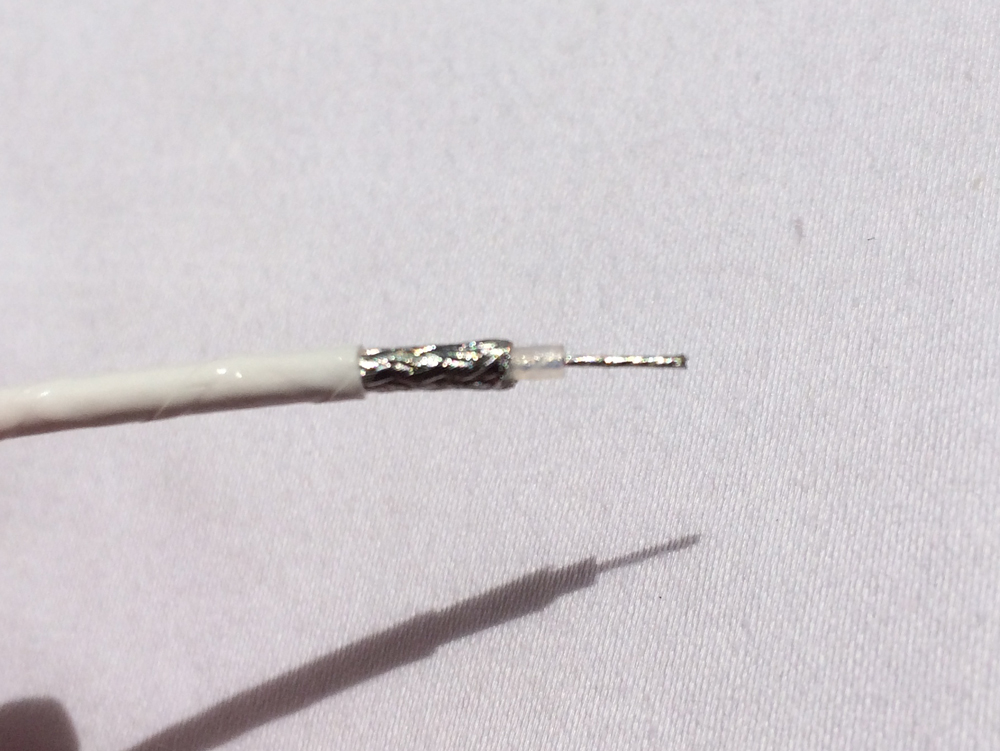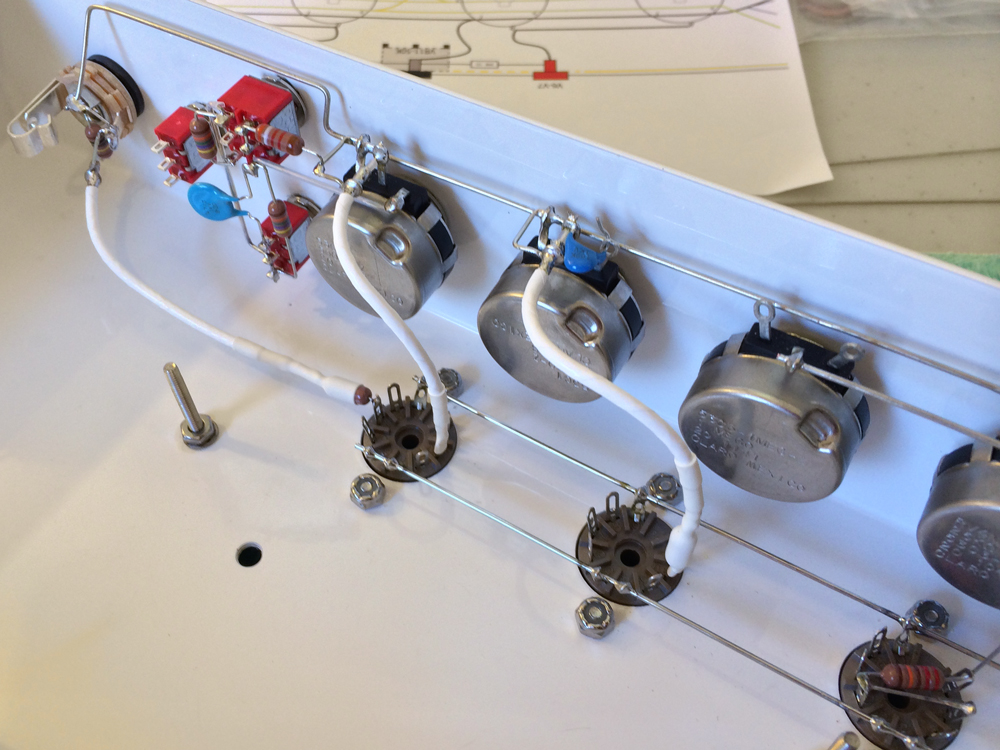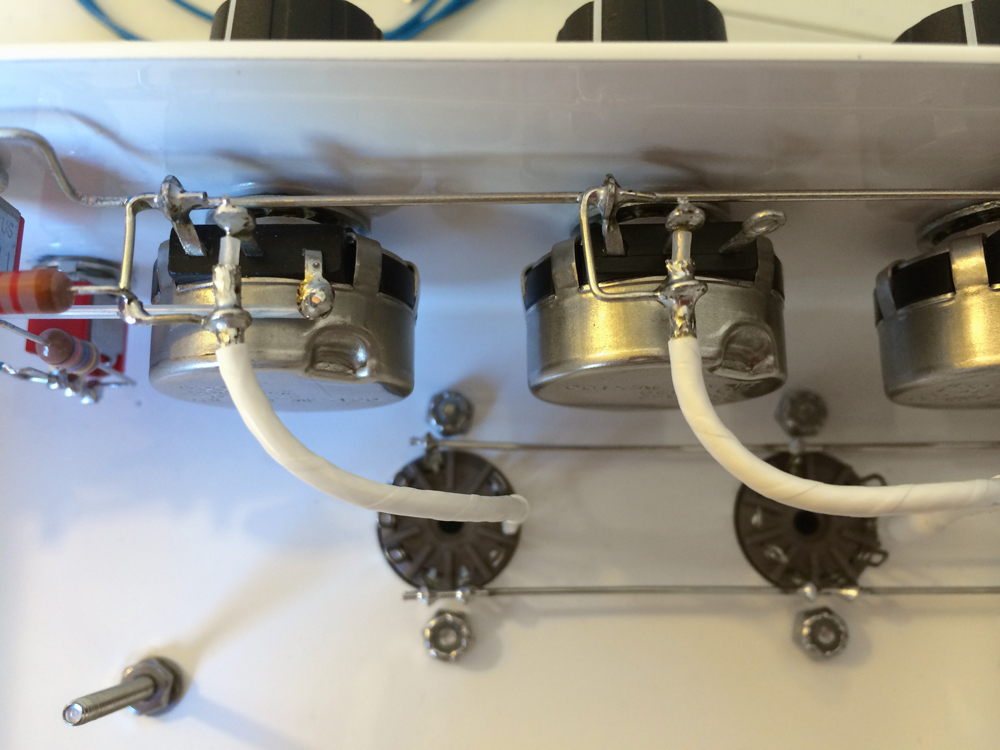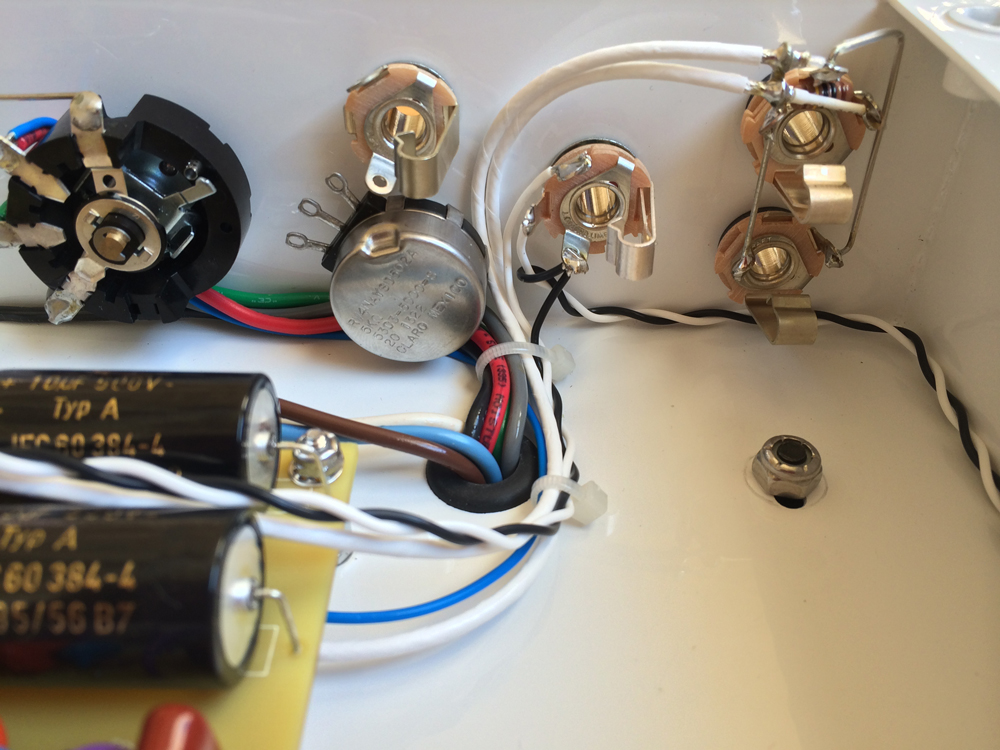SavageRiffer
Banned
New member
Check on this video and notice there are a lot of connections using uncovered wire. Why not use covered wire or something? Any particular reason?
paulyc":2ox2h7v5 said:Are you asking about shielded cable or insulated wire ? There's a difference...
paulyc":3mdydcwf said:sometimes only ONE END of the shield is connected to anything in the amp either....




SavageRiffer":dsn7vghd said:Thanks, some good information. It was the noise and corrosion factor that I was particularly wondering about. Given that amps are often in sweaty clubs and endure years of heat and humidity, it would seem that an insulated wire would be much more resistant to corrosion. However, I have seen the old pictures of Marshalls and Fenders, so I know they last a real long time. I'm seriously thinking about building an 18w Marshall or a Fender 57 Deluxe clone kit, but of course, I'll end up buying whatever has the best and most comprehensive instructions.
FourT6and2":3avafsfb said:SavageRiffer":3avafsfb said:Thanks, some good information. It was the noise and corrosion factor that I was particularly wondering about. Given that amps are often in sweaty clubs and endure years of heat and humidity, it would seem that an insulated wire would be much more resistant to corrosion. However, I have seen the old pictures of Marshalls and Fenders, so I know they last a real long time. I'm seriously thinking about building an 18w Marshall or a Fender 57 Deluxe clone kit, but of course, I'll end up buying whatever has the best and most comprehensive instructions.
You'll be fine. I wouldn't worry about corrosion in this type of application.
SavageRiffer":3nhrp596 said:FourT6and2":3nhrp596 said:SavageRiffer":3nhrp596 said:Thanks, some good information. It was the noise and corrosion factor that I was particularly wondering about. Given that amps are often in sweaty clubs and endure years of heat and humidity, it would seem that an insulated wire would be much more resistant to corrosion. However, I have seen the old pictures of Marshalls and Fenders, so I know they last a real long time. I'm seriously thinking about building an 18w Marshall or a Fender 57 Deluxe clone kit, but of course, I'll end up buying whatever has the best and most comprehensive instructions.
You'll be fine. I wouldn't worry about corrosion in this type of application.
I wasn't worried about it, just wondering why the choice for bare wire is made over insulated or shielded. Thanks for all the info.
